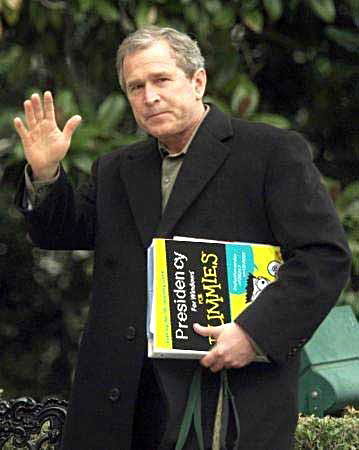The prime motive for a bubble in any field of human activity is the delusion that investing is a one-way bet. Britain (and, to an even greater extent, Ireland) is in the grip of a crazed property bubble. I don ‘t often agree with Will Hutton, but this time he’s spot on.
The risk of history repeating itself is known, but too few people believe it. Not the clubs of four or five young people ‘co-buying’ in order to have a chance of getting into the housing market. Not the wave of buyers of flats that are bought speculatively either to be let or which just stand vacant (and which now constitute one of the prime drivers of demand). Seventy percent of the 20,000 flats built in London last year were bought by buy-to-let speculators.
Neither they, nor those who lend the money, appear to be concerned that prices will fall. Cheltenham and Gloucester has just decided that it will finance small buy-to-let borrowers to buy up to nine properties rather than the three at present. The Bank of Ireland, according to the Financial Times, has just raised the maximum it will lend to any one entrepreneur by eight times – from £2.5m to £20m. It is risk-free lending. It may be that the yield from rents is lower than the costs of borrowed money, spelling disaster, but as property prices only rise, nobody worries. It is stories like these that prove we are in a bubble…
What’s funny about bubbles is that everyone knows, really, that they’re in one; but most assume that they personally will be ok.

